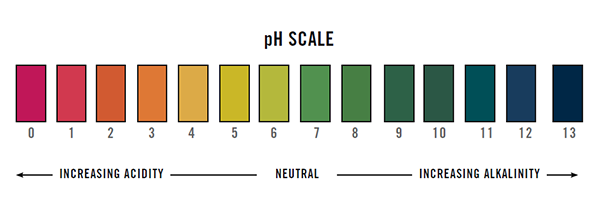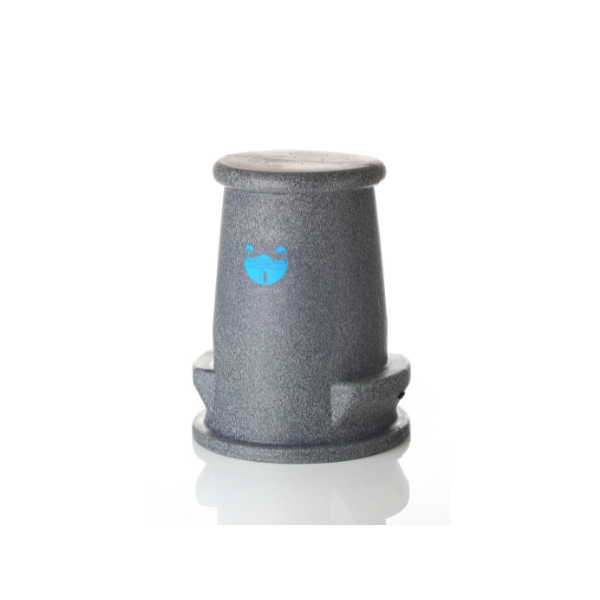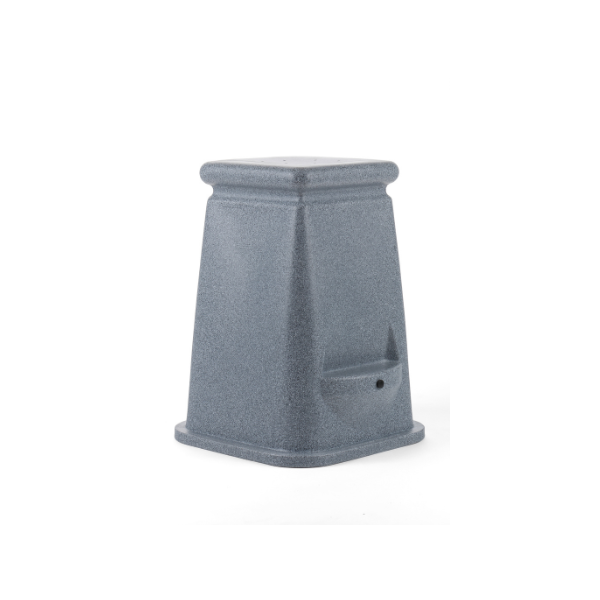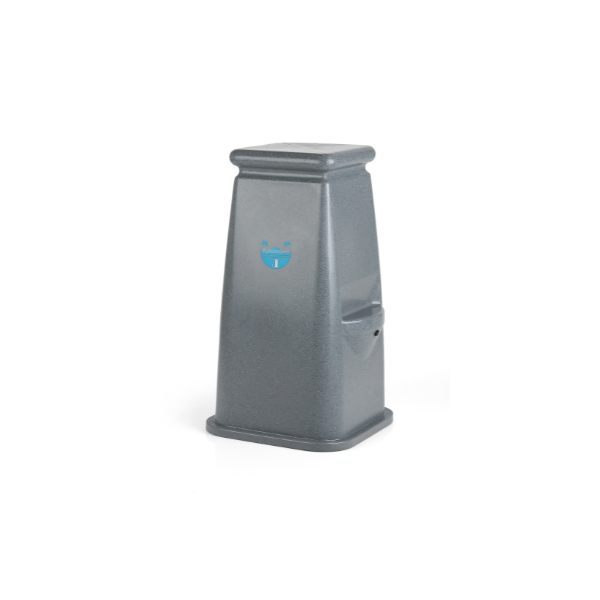Testing the pH of Your Water

Maintaining the your pool’s chemistry is one of the most important aspects of pool ownership. Consistent and safe water chemistry levels help prevent microorganisms, algae, and other bacteria from forming in your pool. Additionally, an out of balance pool has a real impact on the effectiveness of your chlorine treatments
The ideal pH range: 7.0 - 7.6
Your pool’s pH should reside within the range above. The pH of the human eye is between 7.2 - 7.4 so staying within that range will prevent what we like to call “the stinging eye factor”. High pH is is a result of your water being too basic, or two heavily loaded with alkali. High pH can result in cloudy water, discomfort, eye irritation, and more. As an inverse, low pH is a result of too much acid in your water and can have very similar side effects.
Testing Your Water
Testing your pool water is the best way to keep track of your pool’s water chemistry. Once you pick up a pH testing kit at your local supply store (can cost anywhere from $6 - $70) dip in the water for 10 seconds away from an intake or a skimmer. The colors will show you where your pH levels are.
Raising your pH
Low pH is a result of having high too much acidity in your water. If your pH is too low, you can increase the pH of your pool by adding a base or alkali to your pool. One of the most common ways to increase your pH is simply by adding baking soda to your skimmer. If that doesn’t do the trick, using an alkalinity increaser bought at your local pool supply store will help.
Lowering your pH
High pH is the result of having too much alkalinity in your water. You can bring your pool back into balance by using several different acids available at your supply store. Those chemicals include muritanic acid, sodium bisulfate, sulfuric acid, and nitric acid among other chemicals. When adding acid, you should always dissolve the chemicals in water before applying them to your pool.
The best advice the we can offer is to ensure that your regularly maintain your pool and keep tabs on its chemistry.
Looking for other pool maintenance tips? See below:




